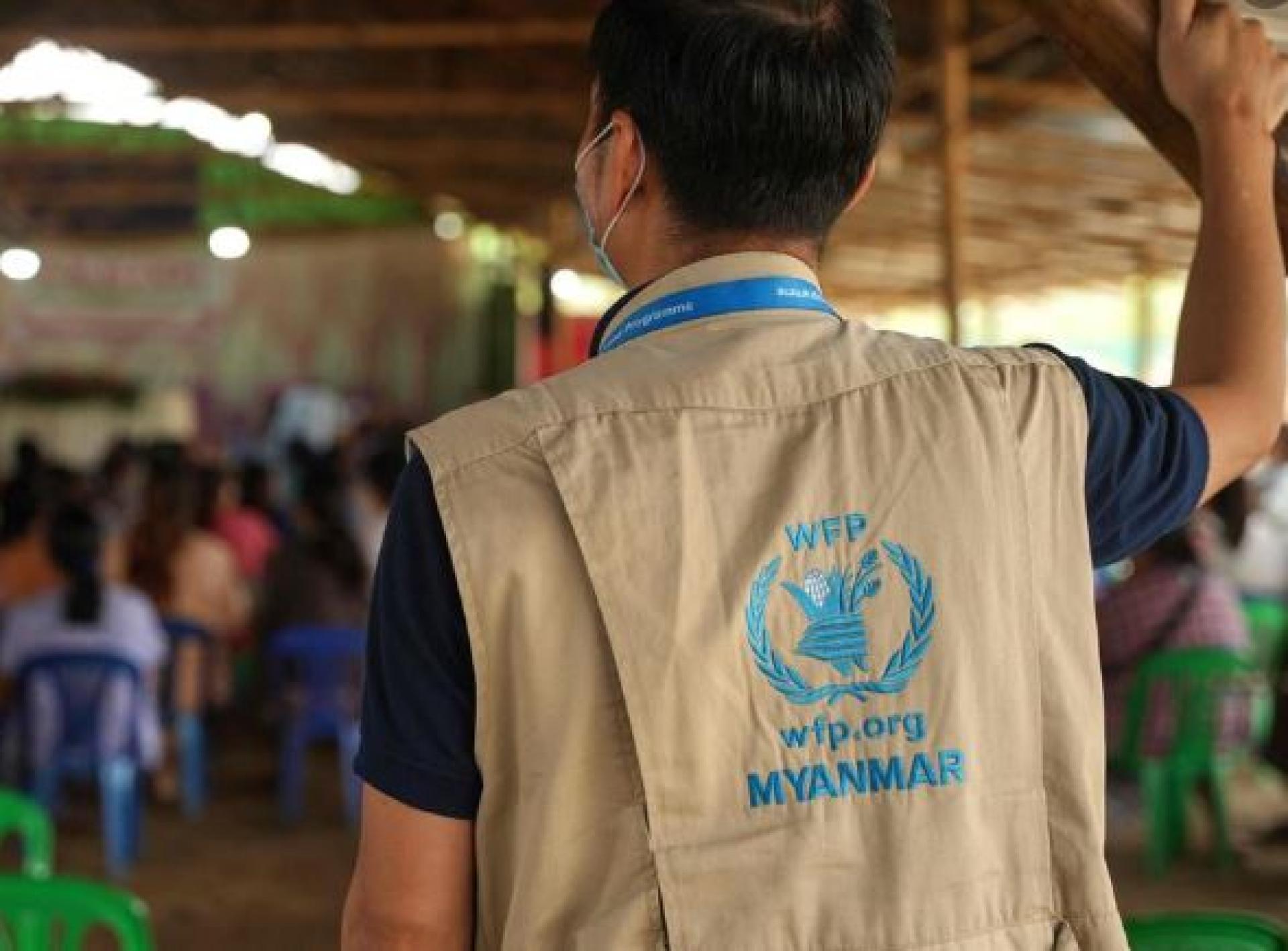(Rakhine, 16th) — In western Myanmar’s Rakhine State, ongoing conflict, wartime blockades, and a reduction in international aid have led to a sharp deterioration in hunger and malnutrition. Some residents have even been forced to dig up bamboo shoots as their only food.
Kyaw Win Htin, a 60-year-old fruit vendor from Mrauk-U Township in Rakhine State, said: “Another day has passed, and I must keep struggling for tomorrow. The situation really gets worse day by day.” As prices rise and incomes fall, his business has become increasingly slack, and many people are forced to forage for plants to fill their stomachs.
Since Myanmar’s military staged a coup in 2021, armed conflict has broken out across the country. In Rakhine State, the government army and the Arakan Army have been fiercely fighting, with the region under blockade, cutting off essential supplies for its 2.5 million residents.
At the same time, international aid has drastically decreased due to funding shortfalls. The UN World Food Programme warned last week that the percentage of households in central Rakhine lacking basic food has climbed from 33% last December to 57% now, with conditions likely to be even worse in the north.
Local residents report that fertilizer shortages have caused crop yields to drop, grain prices have soared, and fewer and fewer people can afford staple foods. Although Rakhine is famous for its seafood, high prices mean that it goes unsold in the markets.
Residents of Bawnajun Village said: “Everyone in our village is digging up bamboo shoots to eat. Although bamboo shoots can fill our stomachs, their nutritional value is low.” He revealed that the village only received two batches of aid last year.
The wartime blockade is so strict that even cash cannot circulate freely, forcing the use of old, worn-out notes and making economic conditions ever more difficult. Mrauk-U Township resident La Baodun said: “Prices are simply too high; there are more sellers than buyers. We are struggling to survive every day.”
Another woman, 49-year-old La Ai, had fled to Mrauk-U due to the fighting and started a small shop, only for it to collapse again because of the harsh economy. She sighed: “I don’t know what the future will bring, or if things will get even harder.”
Rakhine has long been unstable. In 2017, violent military crackdowns on Rohingya forced more than one million refugees to flee to Bangladesh. According to the UN last month, at least 150,000 more people have fled Rakhine for Bangladesh over the past 18 months.
